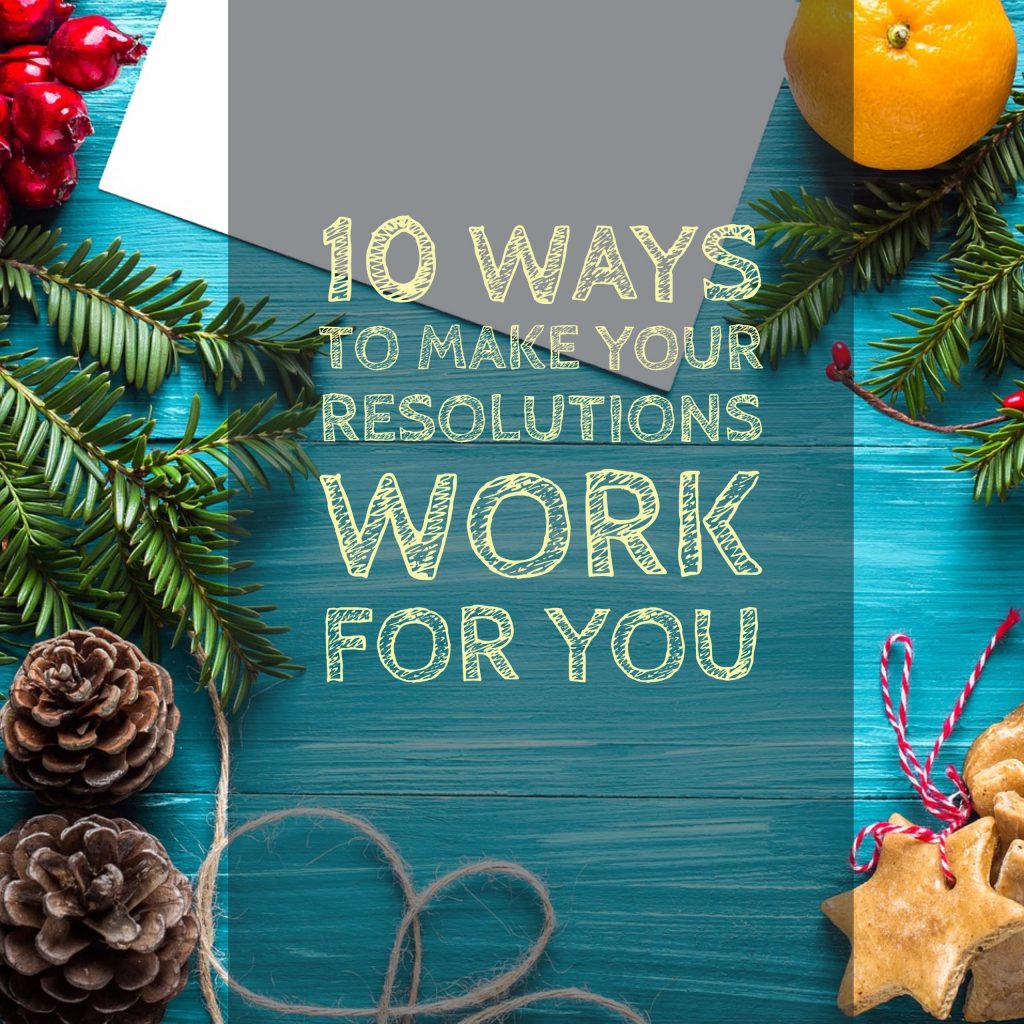A New Year starts and you may be fired up into thinking that this year, you have it covered. You know the perfect resolution and this time, it will stick. Problem is, the year comes and goes and you think to yourself, “what happened to my resolution?” Then the New Year starts again and you decide to commit yourself once again. You think, “This time will be different”. It isn’t. In fact, the cycle keeps repeating itself.
Is this you? If not, congratulations. You are among the minority.
According to StatisticBrain, if you make a New Year’s resolution and stick to it, you are part of a rare club.
Statistics on New Year’s Resolutions:
Percentage of Americans who usually make New Year’s Resolutions 45%
Percentage of people who are successful in achieving their resolutions 8%
Percentage who have infrequent success 49%
Percent who never succeed and fail on their resolution each year 24%
Length of Resolutions:
Resolution maintained through first week 75%
Past two weeks 71%
Past one month 64%
Past six months 46%
How often have resolutions worked for you?
They have rarely if ever worked for me.
Dictionary.com defines resolution as, “a decision or determination”. The problem is that the simple desire of wanting to stop something, or start something is not enough. In order to continue being determined, you need to constantly motivate yourself to do so. This requires constant energy on your part.
Part of the obstacle stopping you from following through with resolutions is that they require a commitment at a deep level, binding you to a new routine and thought process. Without that commitment, it is not effective. You may be telling yourself, “Hold on, when I make these resolutions, I am fully committed to achieving them but that feeling doesn’t last”.
Resolutions don’t work for us because more often than not, they include making changes to behavior and objects that exist outside of us. Until we change our mindset, we cannot affect real change in action. Although, you may have had the best intentions, you get discouraged and give up.
3 Major Reasons Why Resolutions May Not Work For You
Timing’s Wrong
You just came off a hectic month of December and getting back to the realities of the world. Why wait until the beginning of the year to think that you can now magically start making better choices? It is not the day of the year that will inspire you to make changes, it’s you.
False Hope Syndrome
Psychology professor Peter Herman and his colleagues have identified what they call the “false hope syndrome“. This happens when a resolution is made that is significantly unrealistic and out of alignment with their internal view of themselves.
If then, then that
Then there is the cause and effect relationship of resolutions. You may think that if you achieve your resolution, “reduce your debts, exercise more”, your life will change. Then it doesn’t and you revert back to your old behaviors.
So how can you make your resolutions work for you?

